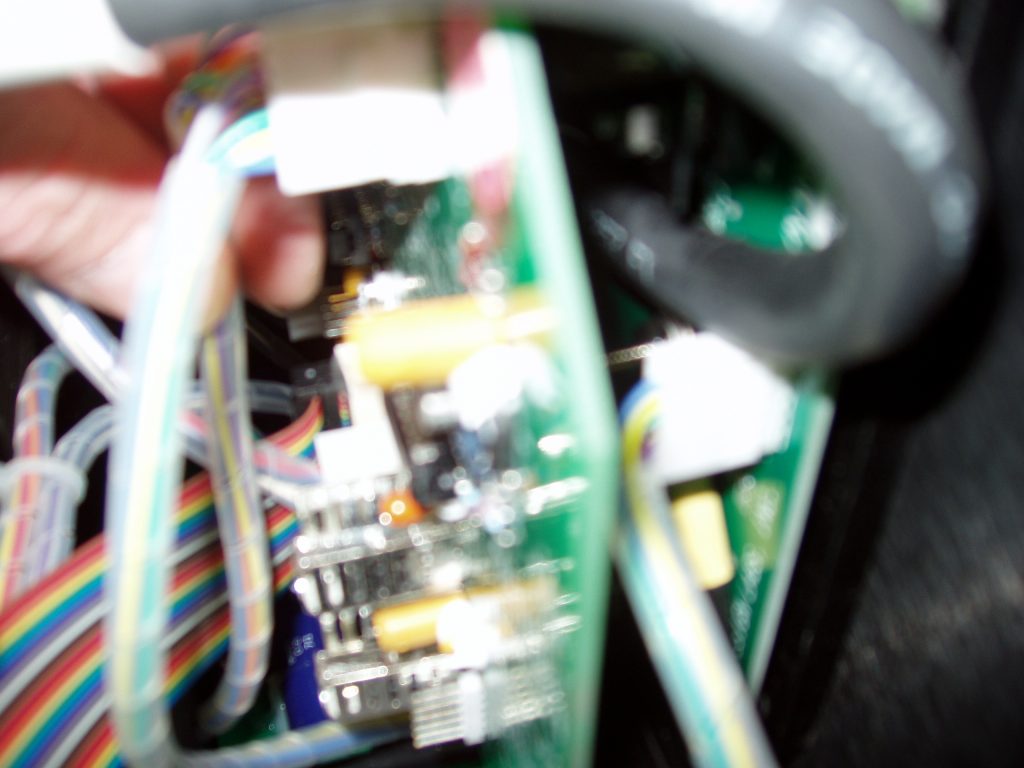
Power inverters are essential electronic devices used to convert DC (direct current) power into AC (alternating current) power, enabling the operation of AC-powered devices and appliances. These inverters are widely employed in various applications, such as solar energy systems, backup power supplies, automotive electronics, and portable devices. However, like any electronic component, power inverters are prone to failures, which can lead to various issues and potential hazards.
Some common power inverter failures in electronics include:
Overheating: Power inverters generate heat while converting power, and excessive heat can cause components to degrade or malfunction. If the inverter’s cooling system fails to dissipate the heat adequately, it can lead to thermal stress on critical components, ultimately resulting in performance issues or complete failure.
Component failure: Power inverters comprise various semiconductor devices, such as MOSFETs (Metal-Oxide-Semiconductor Field-Effect Transistors) or IGBTs (Insulated Gate Bipolar Transistors). If any of these components fail due to manufacturing defects, electrical stress, or voltage spikes, it can disrupt the inverter’s operation.
Voltage spikes and transients: Power inverters can be affected by voltage spikes or transients in the input power source. Such sudden changes in voltage levels can overwhelm the inverter’s protection circuits and cause damage to internal components.
Overload or overcurrent: Overloading the power inverter beyond its rated capacity or subjecting it to excessive current can cause overheating and lead to device failure. Many inverters have built-in overload protection, but it may not always be foolproof.
This is really an eye opener
It’s good so far, but needs an ending. Something like: MDLI can troubleshoot your power converter/inverter design and suggest design changes to increase the reliability. Additionally, if you have a new design, we can analyze it and perform a design review with your engineers to greatly reduce the possibility of failures in production.
Ok sir, noted. Added to my list